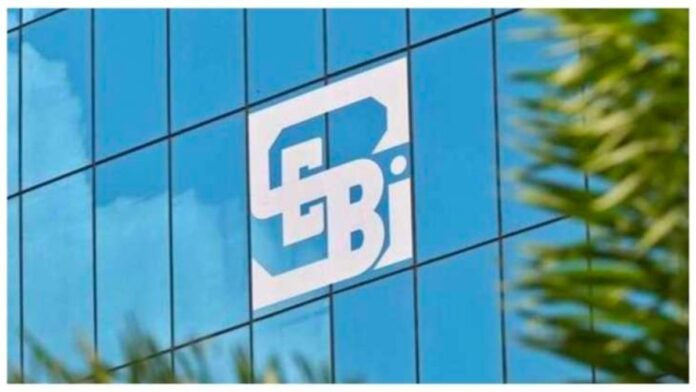Sebi extended the deadline for investment advisers to meet higher qualification and experience criteria and gave major corporations more latitude to issue debt securities on Thursday. The regulator would also simplify the credit and reimbursement of unclaimed sums from listed entities other than corporations, REITS, and InvITs to the Investor Protection and Education Fund (IPEF).
At its Thursday meeting, Sebi board approved these suggestions and addressed securities market developments, particularly technology trends, and the regulator’s proactive planning for the future, according to a release. The board approved a few tweaks to the framework to allow large corporations to finance their debt obligations.
Sebi said the new framework would define major firms with a higher monetary barrier, decreasing the number of such entities. Additionally, huge firms that cannot raise a particular amount of incremental debt market borrowing will no longer face fines, and incentives and mitigated disincentives will be introduced.
The board has chosen to keep the framework compliance requirement for three years to make compliance and doing business easier. The obligation for large firms to file a declaration identifying themselves as large corporations and a statement regarding framework compliance has also been eliminated.
According to present laws, large firms must have at least Rs 100 crore in long-term borrowings, a credit rating of ‘AA and above’, and a goal to fund themselves with long-term borrowings. To broaden the bond market, the regulator required large corporations to finance 25% of their demands using debt.
According to the announcement, the board approved a two-year extension until September 2025 to meet investment adviser certification and experience standards. Individual investment advisors, principal officials of non-individual investment advisers, and anyone involved with investment advice must meet additional qualification and experience criteria.
The board adopted IPEF, disclosure, REIT, and Infrastructure Investment Trust regulation changes to facilitate unclaimed amount credit and claims. This standardizes and streamlines claims for such sums for investors’ convenience. Investors can also claim unclaimed payments from the debt-listed firm, REIT, or InvIT, minimizing interruptions, according to Sebi.
The revisions also lay the groundwork for the IPEF’s regulatory framework for segregating unclaimed investor funds and processing them as directed by the board. In September 2022, the Sebi board approved the transfer of unclaimed money in an escrow account for more than seven years to the IPEF for debt-listed firms. In December 2022, the regulator approved transferring REIT and InvIT investors’ unclaimed or underpaid funds to IPEF. REITs and InvIT Regulations changed.
Conclusion:-
Sebi approved proposals to allow major corporations to issue debt securities and increase investment advisers’ qualification and experience criteria. The new framework would define major firms by a higher monetary threshold, remove penalties for those unable to obtain a particular percentage of incremental debt market borrowing, and introduce incentives and mitigated disincentives. Large firms will no longer need to file a statement identifying themselves as a large corporation and a statement regarding framework compliance over a continuous three years. Unclaimed amount credit and claims will be simplified by IPEF, transparency, REIT, and InvIT rule changes. The modifications regulate IPEF unclaimed amount division.



